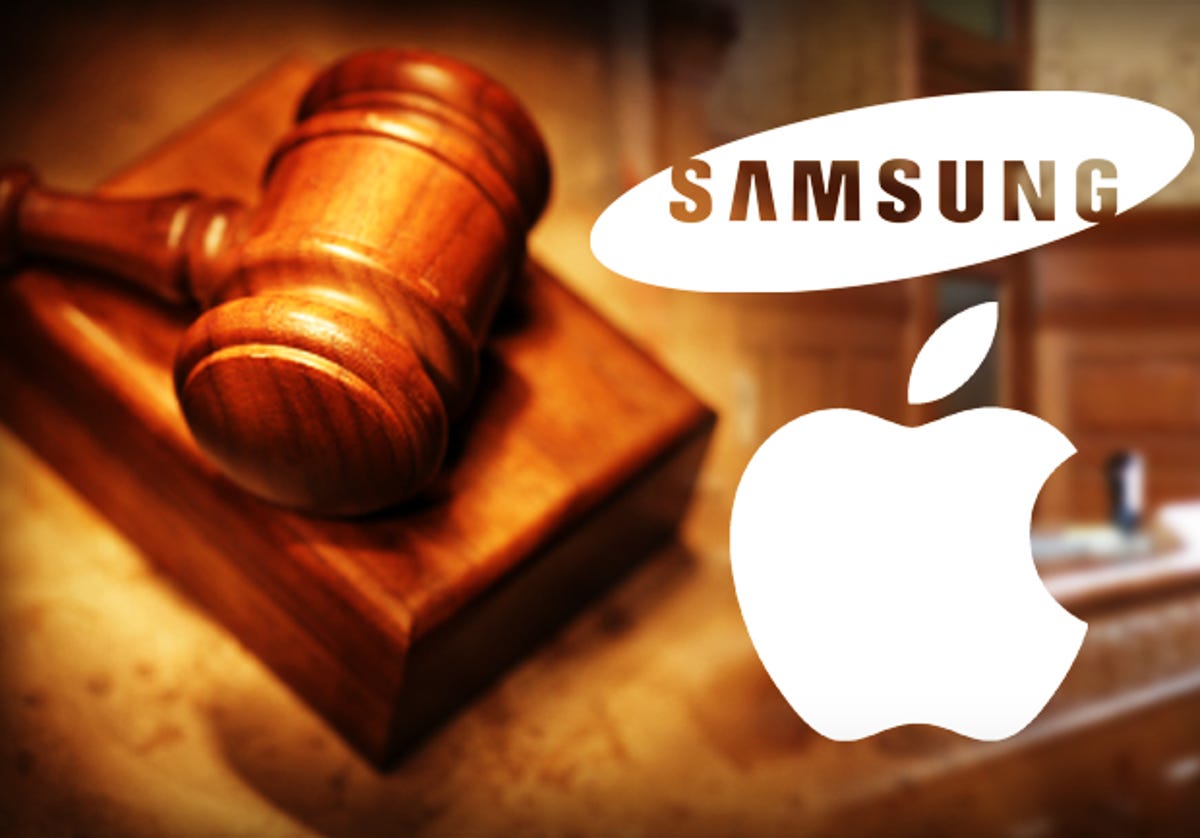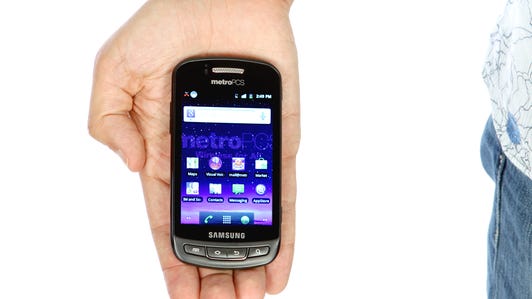
CNET
The Apple v. Samsung patent-battle may have ended overseas, but it’s still going strong in the US.
The US Patent and Trademark Office has rejected several claims of one of the patents Apple wielded against Samsung in the most recent patent-infringement trial, saying in a preliminary ruling that certain aspects aren’t valid. The patent, No. 8,074,172, covers “autocomplete” features that automatically generate word suggestions based on what the user is typing.
The USPTO report isn’t the final decision on the patents. Apple will be able to present more information to defend its patents, and it could take months or years for the issue to be resolved. The preliminary ruling also doesn’t impact the district court’s judgment of infringement. But Samsung on Thursday presented the USPTO decision to the court, saying it’s “relevant to Samsung’s invalidity defenses for the ‘172 patent.”
Apple and Samsung declined to comment.
See also
- Apple, Samsung agree to bury overseas litigation ax
- Apple v. Samsung — Sorry, but it’s not over yet
- Apple v. Samsung patent trial recap: How it all turned out (FAQ)
Judge Lucy Koh of the US District Court of Northern California ruled before the latest trial started on March 31 that seven of Samsung’s devices, including the Galaxy S2 and Galaxy Note, infringed the ‘172 patent. The jury in the trial then determined the damages Apple was due for Samsung’s infringement. Of the $119.6 million Apple won in the case, $17.9 million was related to the ‘172 patent.
The filing comes only a couple days after Apple and Samsung said they have agreed to settle all litigation outside the US. They noted in a joint statement, however, that they would continue to pursue their existing cases in the US, and they said the agreement didn’t involve any licensing agreements.
The legal fight between Apple and Samsung is about more than money, though damages are something both sides continue to spar over. What’s really at stake is the market for mobile devices. Apple, the No. 2 smartphone maker, now gets two-thirds of its sales from the iPhone and iPad tablet. South Korea-based Samsung is the world’s largest maker of smartphones. Both want to keep dominating the market for smartphone and tablets, which totaled about 1.2 billion devices in 2013 — especially as they face new rivals in emerging markets, including Xiaomi in China.
Apple initially filed suit against Samsung in April 2011 in the US, accusing its rival of copying the look and feel of its iPhones and iPads. Samsung countersued, and it also launched suits against Apple outside the US. Apple countersued in five of the countries.
Apple v. Samsung 2014: The infringing devices (pictures)






The initial case in the US went to trial in August 2012. A nine-person jury sided with Apple on a majority of its patent infringement claims against Samsung. It awarded Apple $1.05 billion in damages, much less than the $2.75 billion sought by the Cupertino, Calif., company. Samsung, which asked for $421 million in its countersuit, didn’t get anything.
However, Koh in March 2013 ordered a new trial to recalculate some of the damages in the case, striking $450.5 million off the original judgment against Samsung. A jury in November awarded Apple an additional $290.5 million in damages, bringing the total damages to $930 million. A third trial, which ended in May, came back more mixed, with Samsung ordered to pay Apple $119.6 million in damages and Apple ordered to pay $158,000 for infringing one of Samsung’s patents.
Foss Patents earlier reported about the USPTO ruling.



